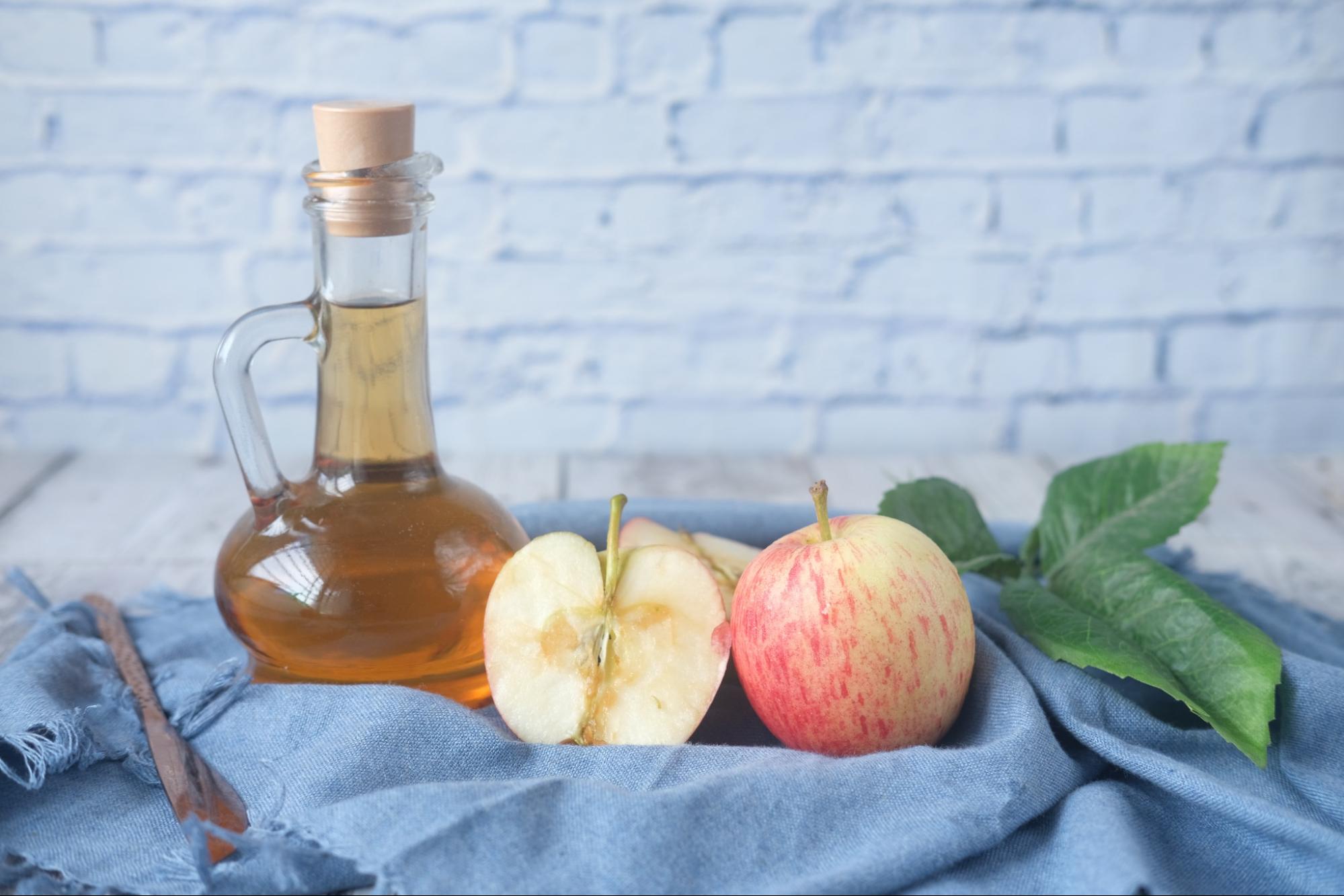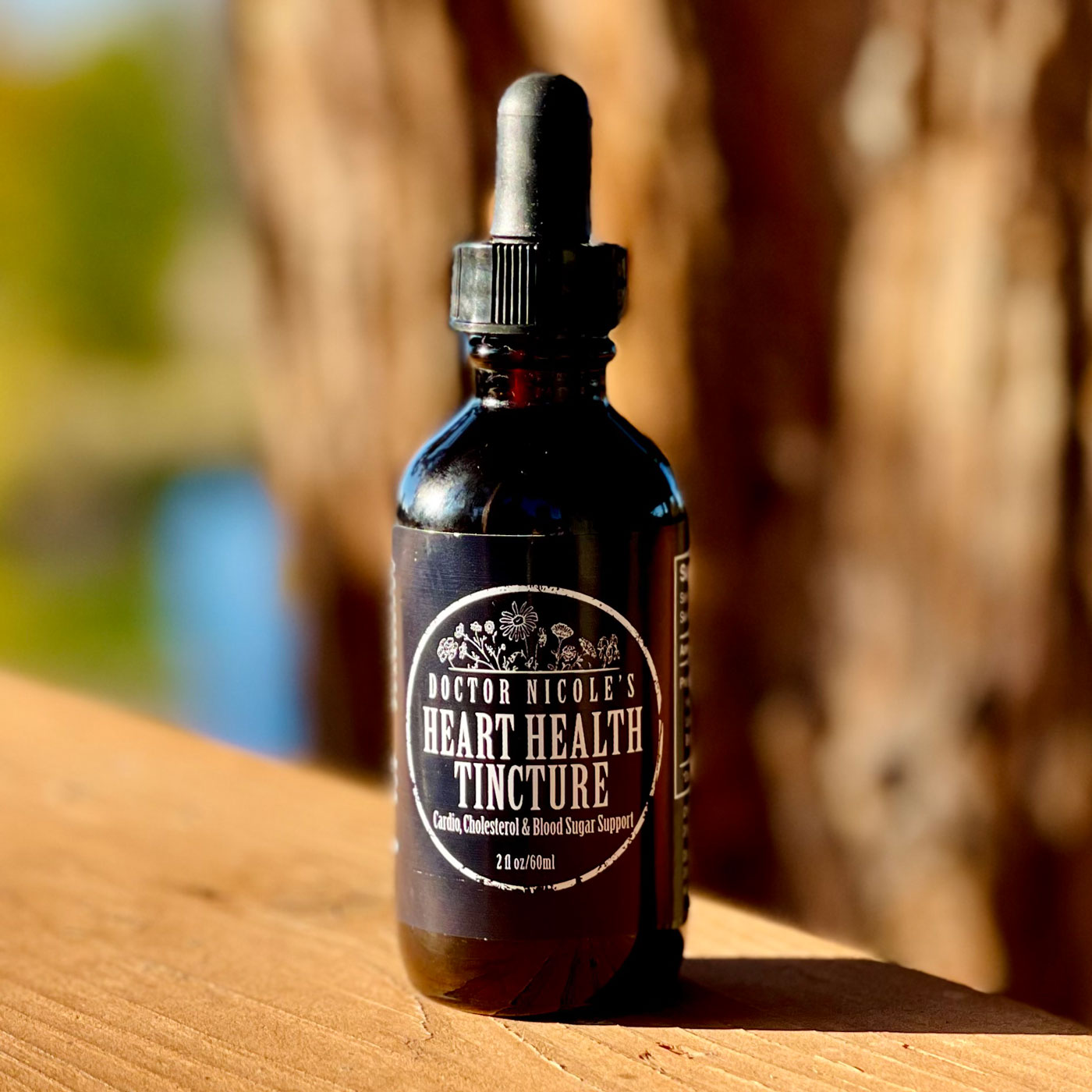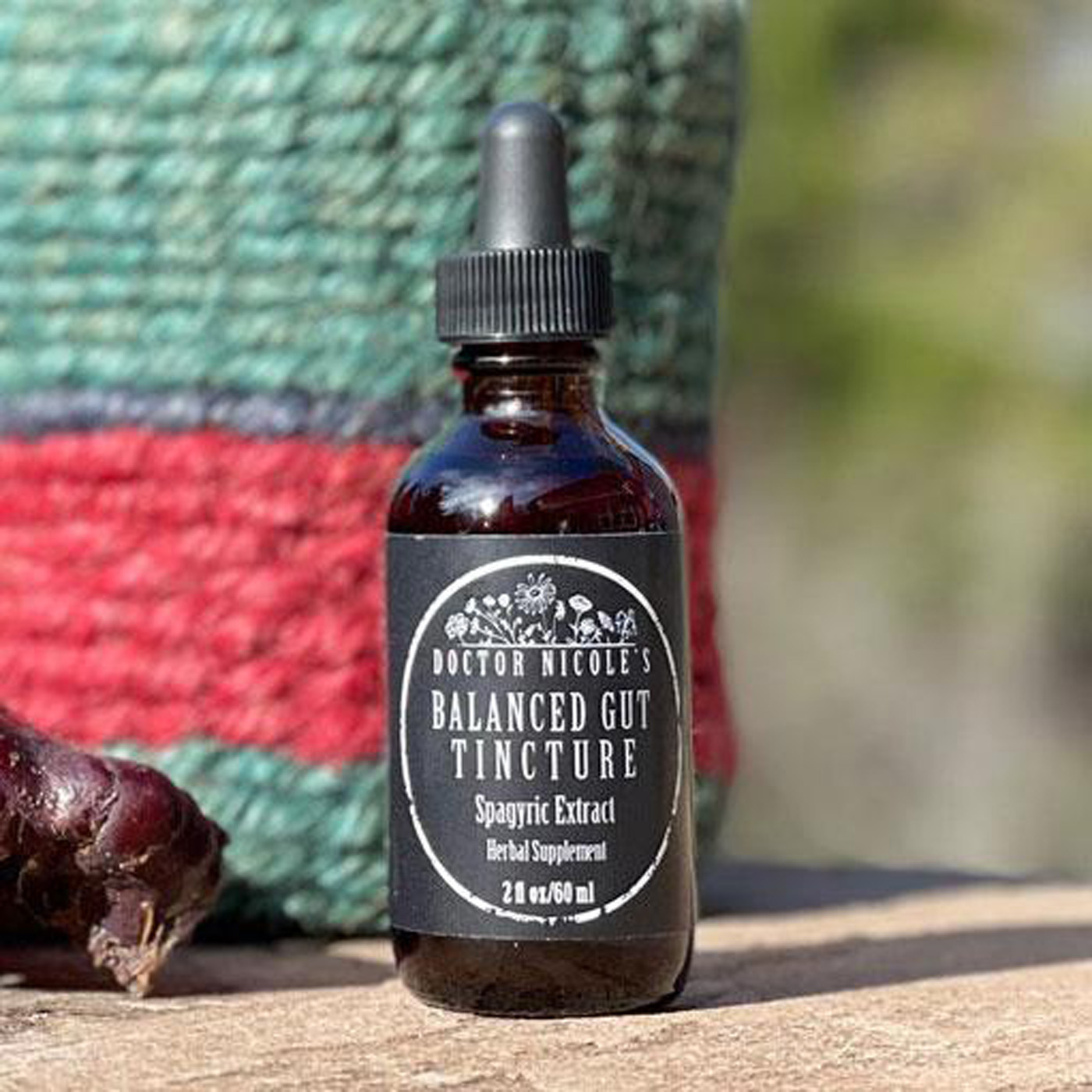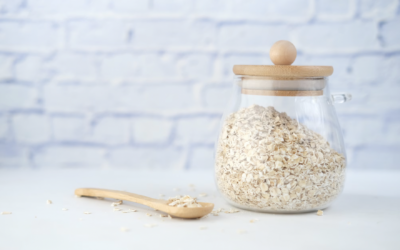Time-Honored Health Remedy
If you are seeking an all-in-one natural remedy to boost digestion, lose weight, and balance blood sugar levels, could unrefined apple cider vinegar. (ACV) be the answer? This sour brew is chock full of beneficial compounds — acetic acid, proteins, enzymes, vitamins C and B, and probiotics — all of which come together to support health in (perhaps) surprising ways. First, let’s take a look at the historical background of this humble “sour wine” that goes back thousands of years.
A Modern Marvel With Ancient Roots
Vinegar itself dates to around 5,000 B.C. with the Babylonians and continued with the Egyptians into biblical times until today. Interestingly, vinegar is mentioned throughout the Old and New Testaments in the Bible, such as in Ruth 2:14, when Boaz invited Ruth to “Come here, that you may eat of the bread and dip your piece of bread in the vinegar.”1,2
In Ancient Greece, Hippocrates, the father of medicine, was known to prescribe apple cider vinegar and honey to his patients in 400 B.C. for coughs, colds, and a variety of other ailments. A strong history of apple cider vinegar use can also be found in Africa and China.
Today, organic, unpasteurized apple cider vinegar that contains the ” mother” (a cloudy substance with beneficial bacteria, enzymes, and proteins) is used for detoxification, controlling diabetes, promoting heart health, and improving digestion. Anyone who is on Instagram or TikTok can attest to the myriad of uses for the vinegar. But are any of these claims backed by science? You may be surprised by the answer.

Too Good to be True? Top Health Claims About Apple Cider Vinegar Examined
Weight Loss
One of the more famous claims about apple cider vinegar is that it can help you to shed excess weight. Why would a simple vinegar help with fat loss? Researchers decided to find out. A small clinical trial involving 39 participants on a calorie-restricted diet put ACV to the test and found that those who consumed 2 tablespoons of the vinegar daily lost significantly more body fat and weight than those who weren’t given apple cider vinegar.3
Another study in the Journal of Diabetes Research may have uncovered the weight loss mechanism of ACV: acetic acid. This compound is what gives vinegar its distinct taste and smell. The team also found that it delays gastric emptying, suppresses carbohydrate absorption, and decreases fasting glucose levels in those with type 2 diabetes.4 In short, apple cider vinegar helps you to feel full longer, thereby reducing caloric intake. It also improves the action of insulin where muscles are more efficient at metabolizing glucose so that it doesn’t turn to fat. This is good news not only for diabetics, but for those who want to reduce belly fat. Not bad for a humble vinegar.
Detoxification
While there are several significant studies that show consuming ACV for detoxification can help with weight loss, lowering cholesterol, and regulating blood sugar,5,6,7 there isn’t scientific evidence that it actually helps your body flush out toxins or boosts liver function. However, some believe that by shedding excess fat, toxins are released from the fat cell where they can then be removed from the body via general detoxification processes.
Digestion
General acid reflux and the severe form known as GERD are conditions where acid in the stomach travels backwards up into the esophagus and may cause nausea, heartburn, and belching. If not addressed, it can damage tooth enamel and cause bloating, hiccups, and vomiting. Surprisingly, it is not caused by too much acid, but rather too little. Inflammation is also associated with the disorder as chronic inflammation causes damage and dysfunction to the esophagus.12 Approximately 25 to 40 percent of Americans suffer from the condition.
If you are suffering from acid reflux, GERD, or another digestive complaint, fermented foods like apple cider vinegar with active probiotics can help. When taken 20 minutes before a meal, ACV also helps to boost stomach acids for better digestion.
Cardiovascular Health
Concerned about heart disease? Apple cider vinegar may be helpful. Studies have shown that when test animals were given acetic acid (the main bioactive compound in ACV), they experienced a drop in blood pressure levels.9 What’s more, a 2020 review found that ACV may lower the level of total cholesterol, high-density lipoprotein, low-density lipoprotein, and triglycerides.10 Likewise, another review noted that the vinegar may be beneficial for significantly reducing cholesterol levels and fasting plasma glucose.11
How to Use
- Always begin slowly when introducing ACV — 1-2 teaspoons diluted in a glass of water. You can build up to several tablespoons per day.
- Consult with your healthcare practitioner before taking ACV if you have blood sugar issues or if you are taking prescription medication to avoid interactions.
- Consider drinking diluted ACV with a straw to avoid erosion of tooth enamel.
- Only use organic, unfiltered apple cider vinegar that contains the “mother” for best results.
Seeking An Extra Level of Support? These Herbal Medicines Can Help
An excellent companion to ACV, herbal medicines offer a convenient and effective method for addressing cardiovascular, blood sugar, and digestive issues. Here are my top recommendations.
For cardiovascular health and balancing blood sugar levels, our Heart, Blood Pressure, & Blood Sugar Bundle is an outstanding option. I formulated this bundle to help regulate blood glucose levels, improve brain function, lower LDL cholesterol, and fortify hearth health. A stand-alone Heart Health Blend is also available in the apothecary.
If you suffer from acid reflux or another digestive complaint, there is no better remedy than our Balanced Gut Blend. As I wrote in “My Favorite Herbal Medicines for GERD and Other Digestive System Concerns“:
Maintaining a healthy gut flora is crucial when you are dealing with any kind of digestive issue, including GERD. Turkey tail mushroom is an excellent option as it feeds beneficial bacteria and controls the overgrowth of candida, thereby reducing bloating and pressure that can trigger a GERD episode. Addressing inflammation is also important. This is where the medicinal mushrooms reishi and lion’s mane come in.13,14 Along with turkey tail, both are exceptionally anti-inflammatory and tackle leaky gut as well. Moreover, a study published in Evidence-Based Complementary and Alternative Medicine found that lion’s mane helps to protect gastric tissues.15
Another excellent anti-inflammatory herb, plantain also coats and protects the mucous membranes of the throat, stomach, and intestines.16 Marshmallow and slippery elm are two of the best herbal remedies you can use for soothing the digestive tract by forming a protective layer.17 Marshmallow helps to encourage gastrointestinal tissue regeneration as well. This is not only important for GERD, but for other issues such as ulcers and leaky gut.
Are you ready to take your health to the next level? Visit the apothecary today and discover how our herbal medicines can change your life for the better!
Nicole Apelian
Nicole’s Apothecary Products in this Post
References
-
- “Why is Apple Cider Vinegar so Popular?” Andy Hoover, West Virginia University. https://extension.wvu.edu/food-health/cooking/apple-cider-vinegar-myths-facts
- New American Standard Bible, The Lockman Foundation, copyright 1971, 1977, 1995, 2020.
- Solaleh Sadat Khezri, Atoosa Saidpour, Nima Hosseinzadeh, Zohreh Amiri,
Beneficial effects of Apple Cider Vinegar on weight management, Visceral Adiposity Index and lipid profile in overweight or obese subjects receiving restricted calorie diet: A randomized clinical trial, Journal of Functional Foods. https://doi.org/10.1016/j.jff.2018.02.003. - Mitrou, P., Petsiou, E., Papakonstantinou, E., Maratou, E., Lambadiari, V., Dimitriadis, P., Spanoudi, F., Raptis, S. A., & Dimitriadis, G. (2015). Vinegar Consumption Increases Insulin-Stimulated Glucose Uptake by the Forearm Muscle in Humans with Type 2 Diabetes. Journal of diabetes research, 2015, 175204. https://doi.org/10.1155/2015/175204
- Kondo, T., Kishi, M., Fushimi, T., Ugajin, S., & Kaga, T. (2009). Vinegar intake reduces body weight, body fat mass, and serum triglyceride levels in obese Japanese subjects. Bioscience, biotechnology, and biochemistry, 73(8), 1837–1843. https://doi.org/10.1271/bbb.90231
- Hadi, A., Pourmasoumi, M., Najafgholizadeh, A., Clark, C. C. T., & Esmaillzadeh, A. (2021). The effect of apple cider vinegar on lipid profiles and glycemic parameters: a systematic review and meta-analysis of randomized clinical trials. BMC complementary medicine and therapies, 21(1), 179. https://doi.org/10.1186/s12906-021-03351-w
- White, A. M., & Johnston, C. S. (2007). Vinegar ingestion at bedtime moderates waking glucose concentrations in adults with well-controlled type 2 diabetes. Diabetes care, 30(11), 2814–2815. https://doi.org/10.2337/dc07-1062
- White, A. M., & Johnston, C. S. (2007). Vinegar ingestion at bedtime moderates waking glucose concentrations in adults with well-controlled type 2 diabetes. Diabetes care, 30(11), 2814–2815. https://doi.org/10.2337/dc07-1062
- Kondo, S., Tayama, K., Tsukamoto, Y., Ikeda, K., & Yamori, Y. (2001). Antihypertensive effects of acetic acid and vinegar on spontaneously hypertensive rats. Bioscience, biotechnology, and biochemistry, 65(12), 2690–2694. https://doi.org/10.1271/bbb.65.2690
- Launholt, T. L., Kristiansen, C. B., & Hjorth, P. (2020). Safety and side effects of apple vinegar intake and its effect on metabolic parameters and body weight: a systematic review. European journal of nutrition, 59(6), 2273–2289. https://doi.org/10.1007/s00394-020-02214-3
- Hadi, A., Pourmasoumi, M., Najafgholizadeh, A., Clark, C. C. T., & Esmaillzadeh, A. (2021). The effect of apple cider vinegar on lipid profiles and glycemic parameters: a systematic review and meta-analysis of randomized clinical trials. BMC complementary medicine and therapies, 21(1), 179. https://doi.org/10.1186/s12906-021-03351-w
- Altomare A, Guarino MP, Cocca S, Emerenziani S, Cicala M. Gastroesophageal reflux disease: Update on inflammation and symptom perception. World J Gastroenterol. 2013;19(39):6523-6528. doi:10.3748/wjg.v19.i39.6523. https://www.ncbi.nlm.nih.gov/pmc/articles/PMC3801363/
- Joseph, S., Sabulal, B., George, V., Antony, K. R., & Janardhanan, K. K. (2011). Antitumor and anti-inflammatory activities of polysaccharides isolated from Ganoderma lucidum. Acta pharmaceutica (Zagreb, Croatia), 61(3), 335–342. https://doi.org/10.2478/v10007-011-0030-6
- Yao, W., Zhang, J. C., Dong, C., Zhuang, C., Hirota, S., Inanaga, K., & Hashimoto, K. (2015). Effects of amycenone on serum levels of tumor necrosis factor-α, interleukin-10, and depression-like behavior in mice after lipopolysaccharide administration. Pharmacology, biochemistry, and behavior, 136, 7–12. https://doi.org/10.1016/j.pbb.2015.06.012
- Wong, J. Y., Abdulla, M. A., Raman, J., Phan, C. W., Kuppusamy, U. R., Golbabapour, S., & Sabaratnam, V. (2013). Gastroprotective Effects of Lion’s Mane Mushroom Hericium erinaceus (Bull.:Fr.) Pers. (Aphyllophoromycetideae) Extract against Ethanol-Induced Ulcer in Rats. Evidence-based complementary and alternative medicine : eCAM, 2013, 492976. https://doi.org/10.1155/2013/492976
- Hussan, F., Mansor, A. S., Hassan, S. N., Tengku Nor Effendy Kamaruddin, T. N., Budin, S. B., & Othman, F. (2015). Anti-Inflammatory Property of Plantago major Leaf Extract Reduces the Inflammatory Reaction in Experimental Acetaminophen-Induced Liver Injury. Evidence-based complementary and alternative medicine : eCAM, 2015, 347861. https://doi.org/10.1155/2015/347861
- Alexandra Deters, Janina Zippel, Nils Hellenbrand, Dirk Pappai, Cathleen Possemeyer, Andreas Hensel,
Aqueous extracts and polysaccharides from Marshmallow roots (Althea officinalis L.): Cellular internalisation and stimulation of cell physiology of human epithelial cells in vitro, Journal of Ethnopharmacology, Volume 127, Issue 1, 2010, Pages 62-69, ISSN 0378-8741,https://doi.org/10.1016/j.jep.2009.09.050.








